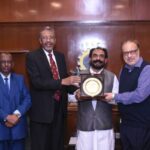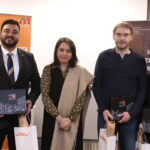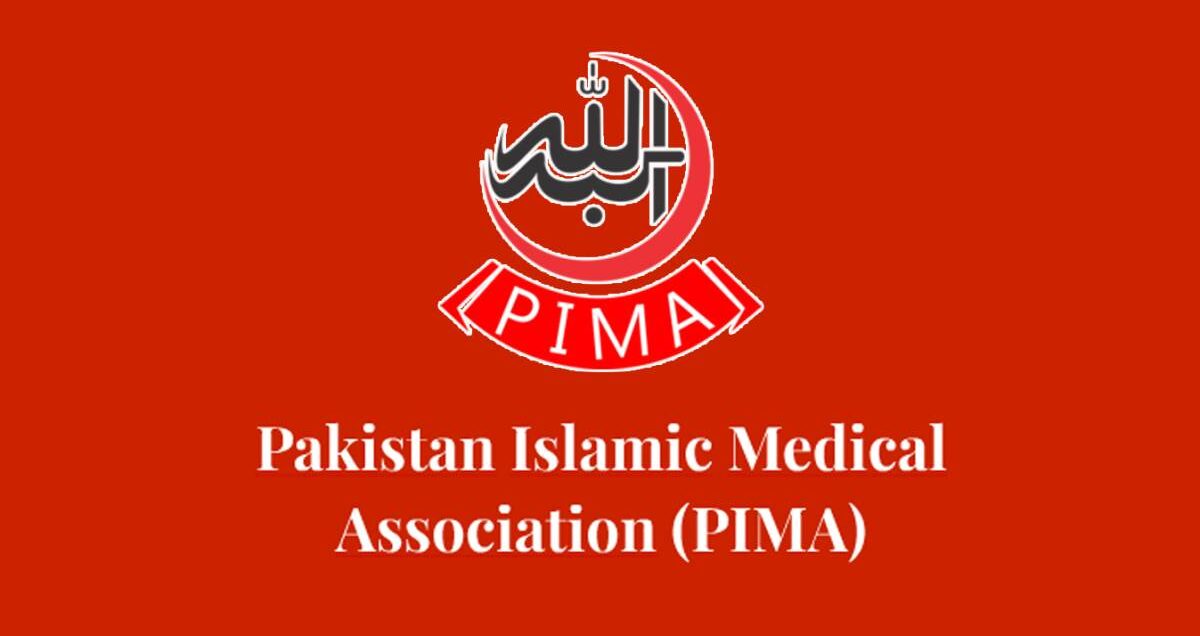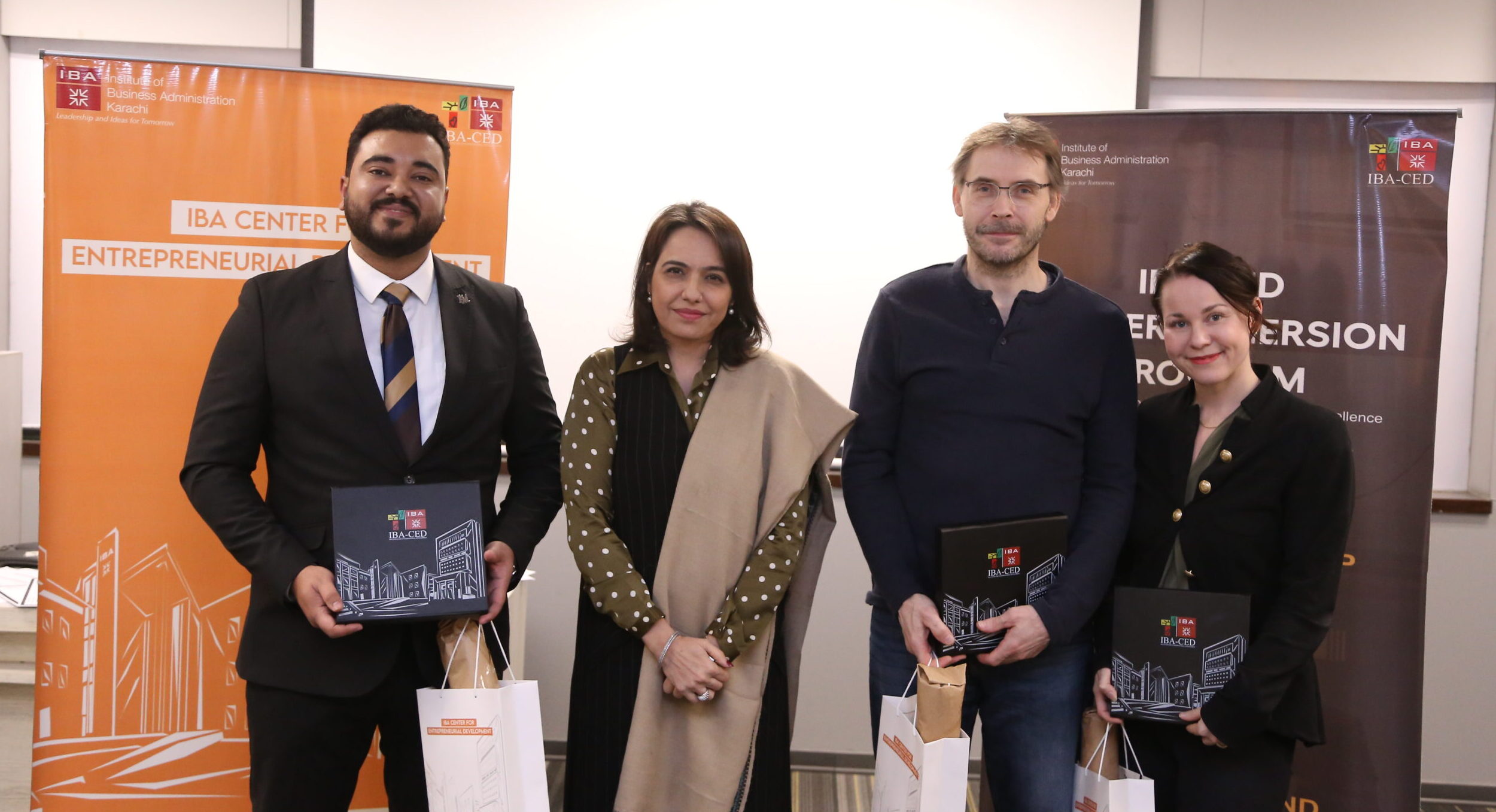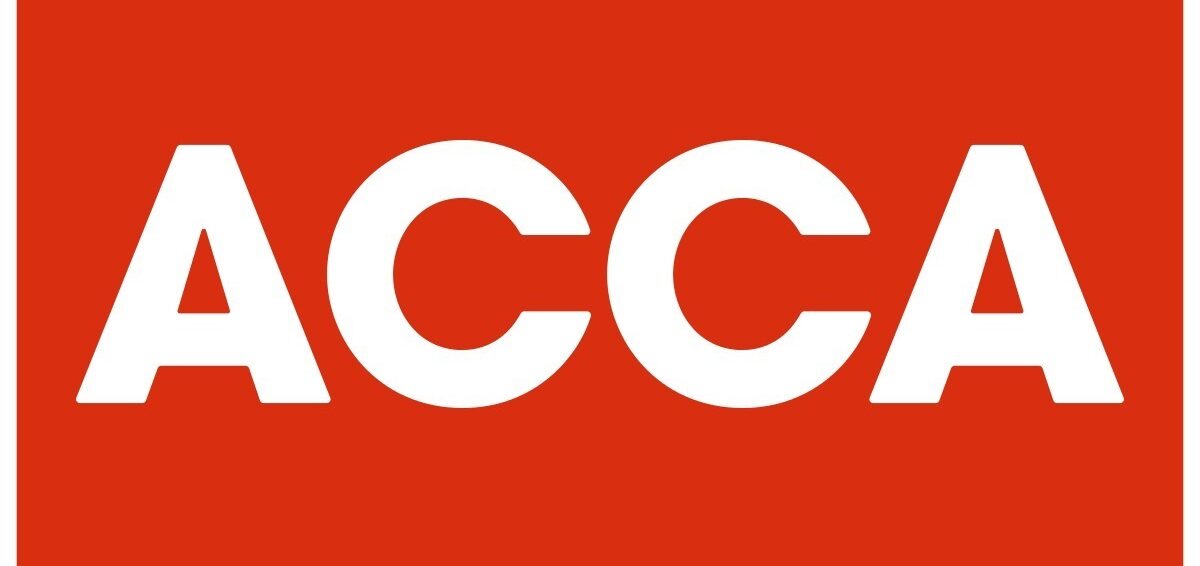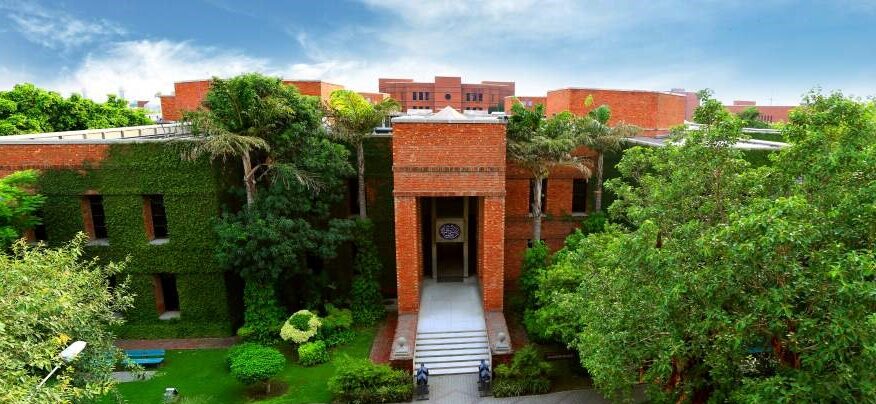Karachi, May 20, 2020: According to a 2019 study, 43 percent of Pakistan’s citizens remain food insecure and 18 percent face an acute food shortage. This implies that, on any given day, almost 39 million Pakistanis are unaware of where their next meal will come from, or if it will come at all. To add insult to injury, there are reports that over 35 million tonnes of food is wasted annually in the country, as many go to bed hungry.
These are all humbling, if not frightening, figures, and have inspired countless organizations to step up and donate food to the underprivileged by means of gathering food from various restaurants, hotels, some event managers, and distributing them among the 43 percent. One such project is called Rizq – which literally means “godly sustenance” and is Pakistan’s first food recovery and distribution service – launched by three friends in Lahore in 2015.
ith no resources, funds, or a plan, the three young men did the first thing they could think of: they created a Facebook Page, posted their phone numbers, and urged people to call them if they wanted to share food. The initiative was an unexpected success, going viral overnight; the next day, Huzaifa, Musa and Qasim were driving around Lahore to collect food from all the people who had gotten in touch.
Soon after, they also built a comprehensive website to aid people in donating and getting information about the foundation. The Facebook Page and the website are also intrinsically linked with the chatbot being Facebook Messenger, so that all queries are directed to their Facebook inbox for ease of management and response.
Initially, they started with distributing free food to the needy, but soon realized they needed a more sustainable solution. After receiving guidance on how to move forward, they collaborated with Pakistan Development Exchange (PDX) and now operate under its umbrella, offering 3 main services: excess food channelization (Rizq Bachao), feeding programs (Rizq School Lunch and Rizq Daig), and family support programs (Rizq Ration).
“We believe there is an abundance of resources in Pakistan. Around $2 Billion of philanthropy are injected into our economy every year, yet people still go hungry,” says Qasim. “This is a channelization and logistical issue, and Rizq is essentially trying to be the equalizer of this discrepancy between supply and demand through grassroot actions. Currently, we have two food banks in Lahore and two in Islamabad, with a host of on-ground partners across Pakistan.”
When asked what their response had been given the Coronavirus crisis that has impacted the entire world, especially in the holy month of Ramadan, Qasim told us about the #EhsaasKaro Movement they have recently launched. “The aim of the movement was to provide rations to 10,000 families before the start of Ramadan; which were distributed under strict precautionary measures to reduce chances of viral transmissions,” he explained. “For phase 2 of this movement, we aimed to provide rations to 100,000 families during the month of Ramadan.”
More recently, they have been using their Facebook platform to publicize a movement appropriately titled “Stars Against Hunger”, where they have partnered with Aisam Ul Haq – Pakistan’s number 1 tennis player and the only Pakistani ever to reach a GrandSlam final – to run an auction for signed memorabilia donated by national and global superstars, proceeds from which will be used to feed families across Pakistan.
Through the platform, they have been sharing photographs and videos of sports stars from across the world to build traction for the campaign and reach out to as many people as possible. They also frequently make use of the live feature to broadcast their press conferences regarding the Stars Against Hunger campaign, and of daily donation drives to show their patrons the work that is being done as a direct result of their generosity.
To date, Rizq has served over 4 million meals and saved 400,000 kilograms of food from wastefulness in Lahore alone. Over time, they have also collaborated with multiple brands, including Coca-Cola, Ufone, Samsung and more, winning awards at a national level as well as being named among the top 20 social enterprises of South Asia in 2018.



















































































































































































































































































